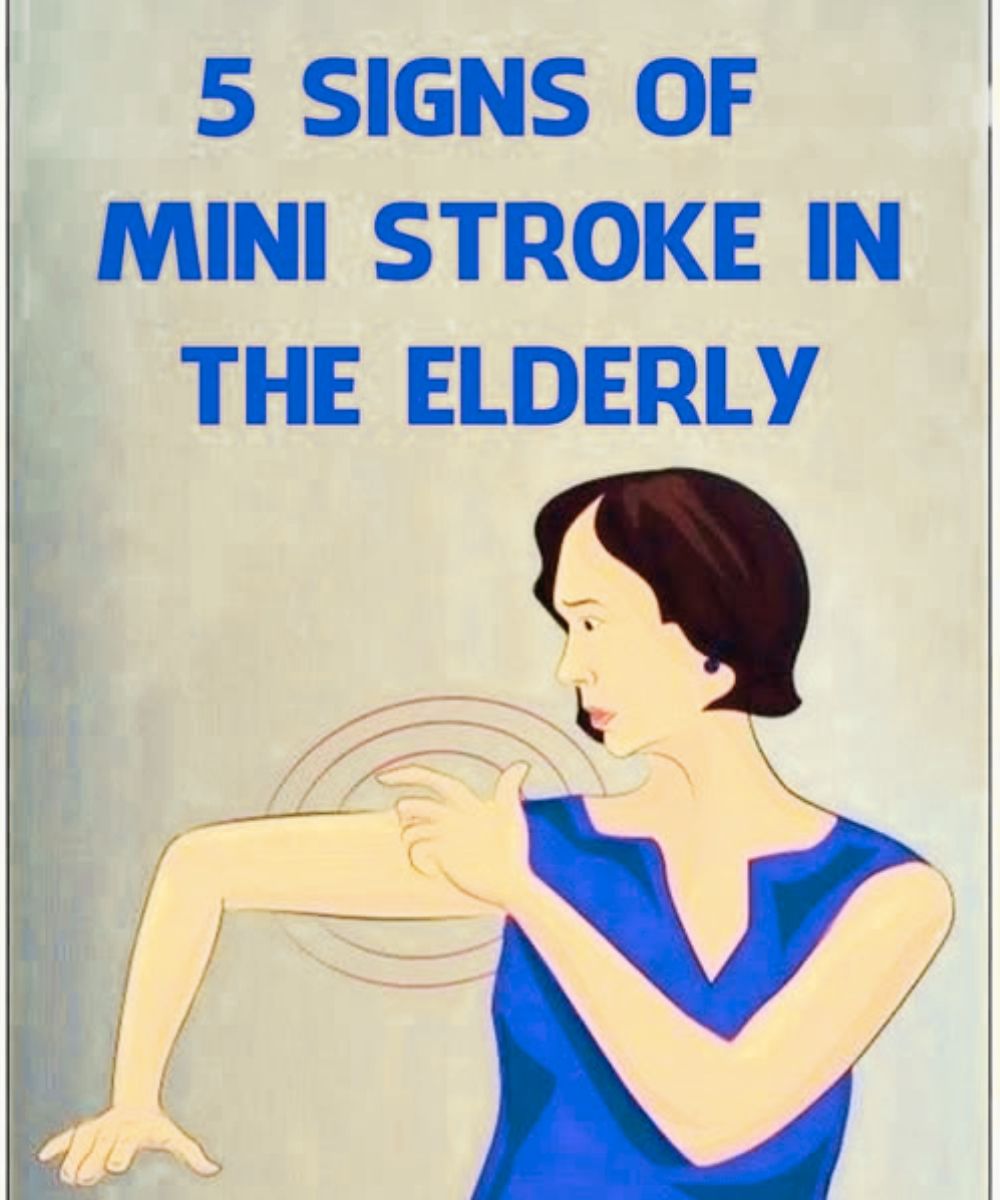3. Vision Changes
This can include blurry or double vision, or even temporary blindness in one eye.
4. Dizziness or Loss of Balance
Seniors may have trouble walking, feel dizzy, or lose coordination — sometimes falling or stumbling without warning.
5. Severe Headache
A sudden, intense headache with no clear cause could be a neurological emergency.
⚠️ Note: These symptoms are often short-lived, but they are serious. Even if they resolve quickly, a mini-stroke is a medical emergency.
Less Common Symptoms to Be Aware Of
Tingling or pins-and-needles sensations
Temporary difficulty swallowing
Sudden personality or mood changes
Trouble understanding written or spoken words
⚠️ Key Risk Factors for TIAs in Seniors
TIAs are more common in older adults, especially those with certain underlying conditions:
High blood pressure (hypertension)
Type 2 diabetes
Heart disease or arrhythmias
Smoking or excessive alcohol use
Obesity and lack of physical activity
High cholesterol levels
Family history of stroke or TIA
Managing these health concerns — with medication, routine checkups, and lifestyle changes — is essential in preventing mini-strokes and more severe strokes down the line.
What to Do If You Suspect a Mini-Stroke
If an elderly loved one displays any of the symptoms above — even for just a few minutes — seek immediate medical attention. Call emergency services or visit the ER. A full evaluation, including brain imaging and heart tests, is usually required.
Immediate Treatment Often Includes:
Medications to dissolve or prevent clots (aspirin, blood thinners)
Blood pressure management
Controlling cholesterol and blood sugar
Addressing underlying causes (e.g., heart rhythm issues)
Long-term treatment may involve diet changes, exercise plans, quitting smoking, and regular follow-ups with a neurologist or cardiologist.
✅ Prevention Tips for Seniors
Take medications as prescribed
Attend regular health screenings
Eat a heart-healthy diet (low in sodium, high in fiber)
Exercise regularly
Limit alcohol and quit smoking
Final Thoughts
While mini-strokes don’t cause permanent damage, they are an unmistakable warning sign of a more serious stroke risk. Recognizing the symptoms early and responding quickly can make a life-saving difference.
If you’re caring for an elderly loved one, staying informed is the best first step.

